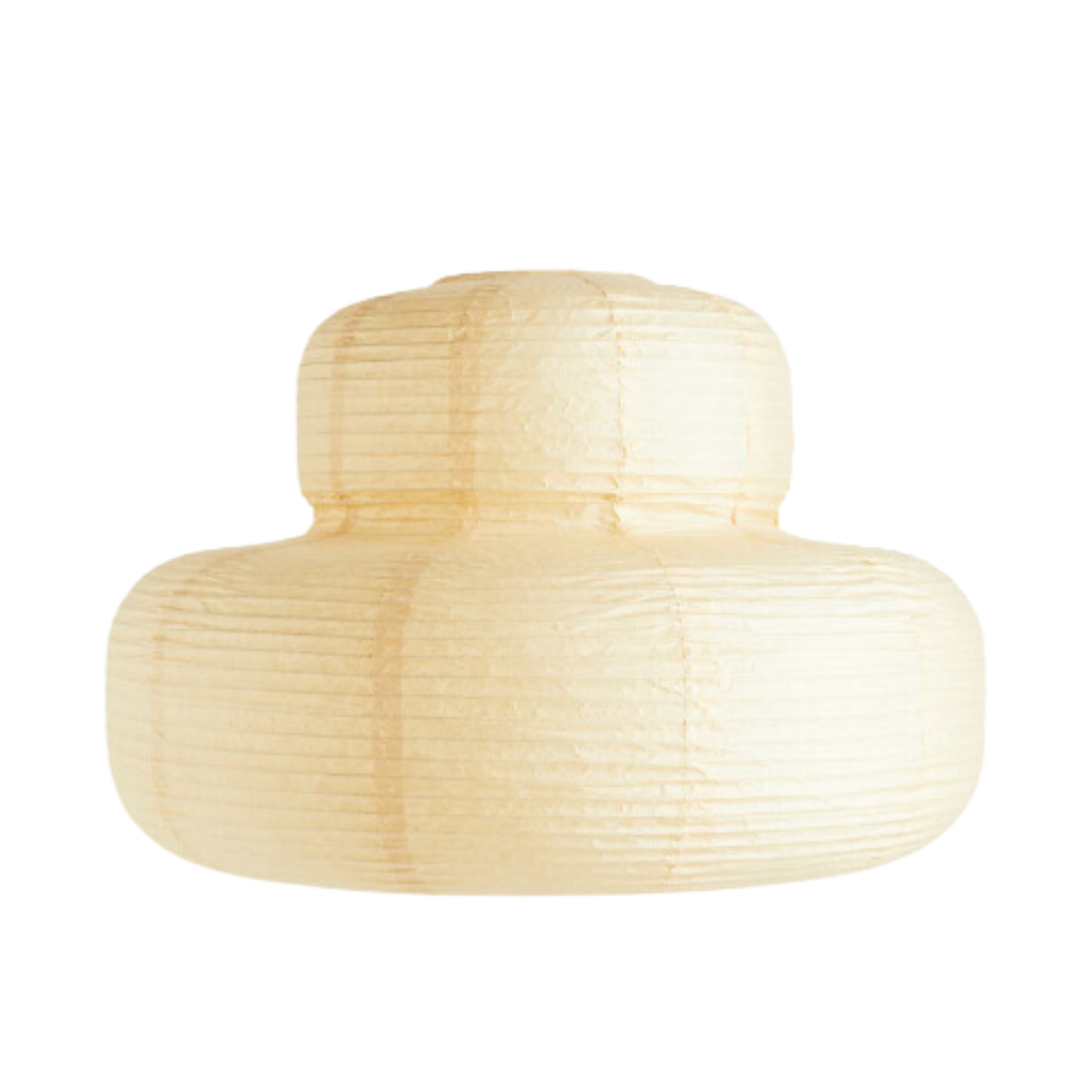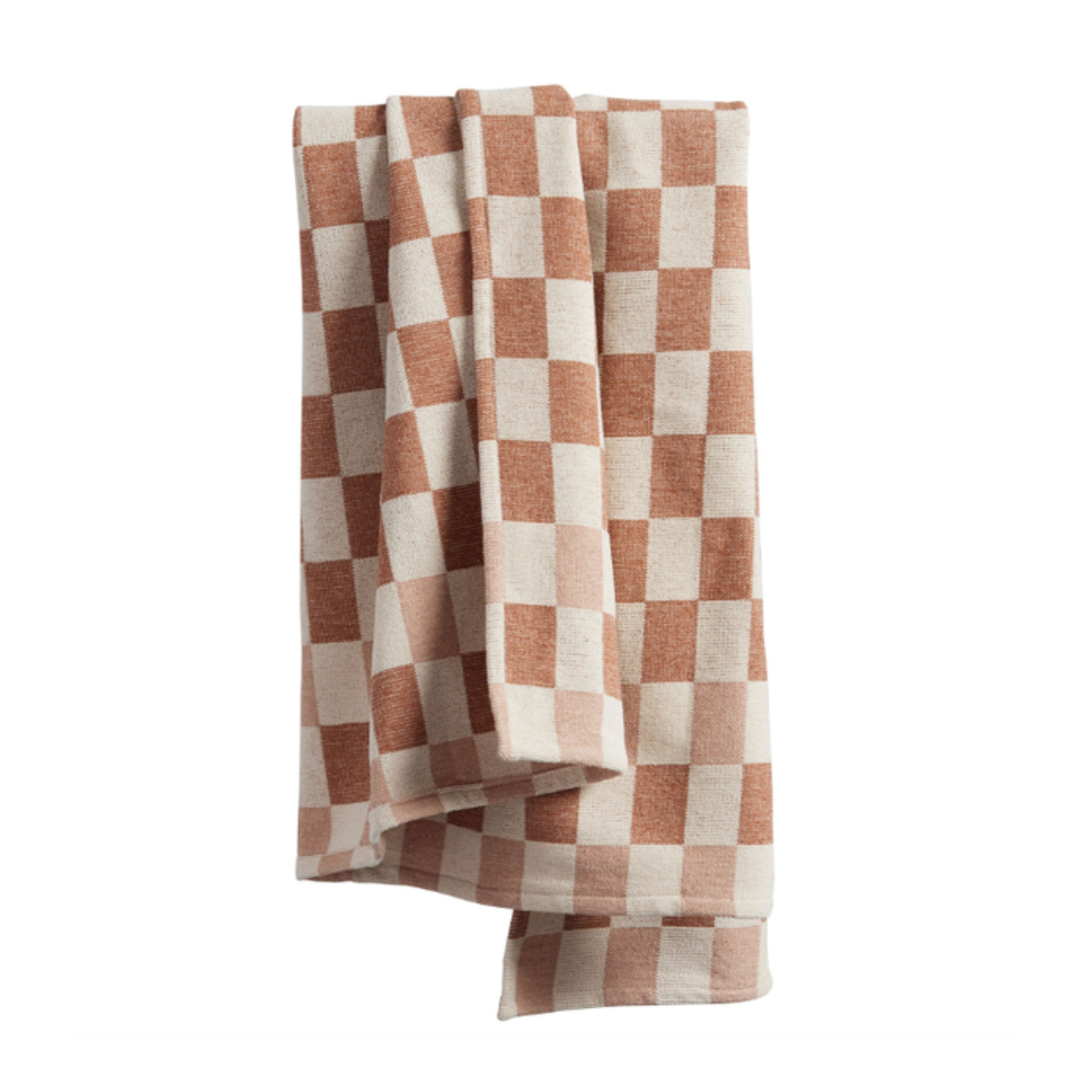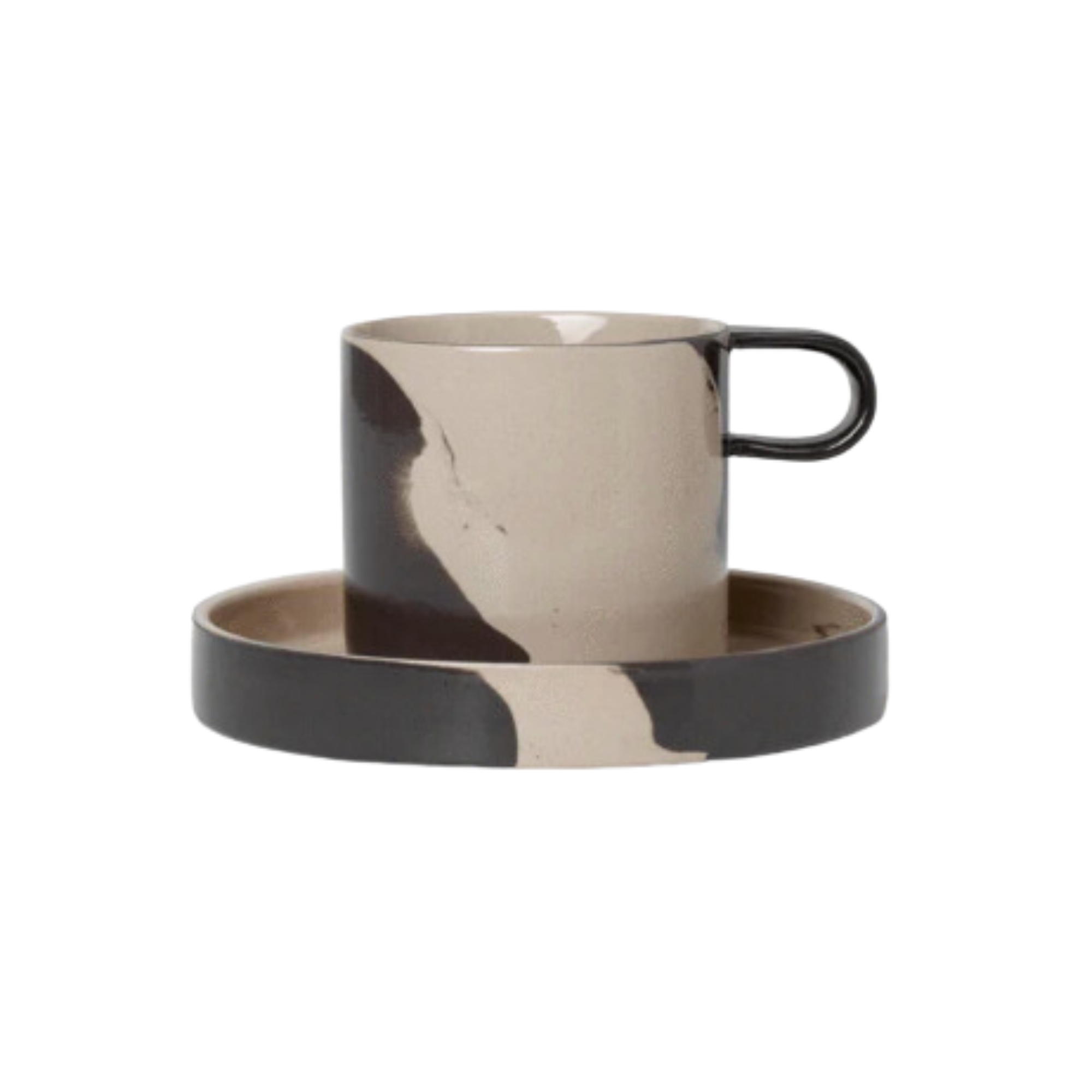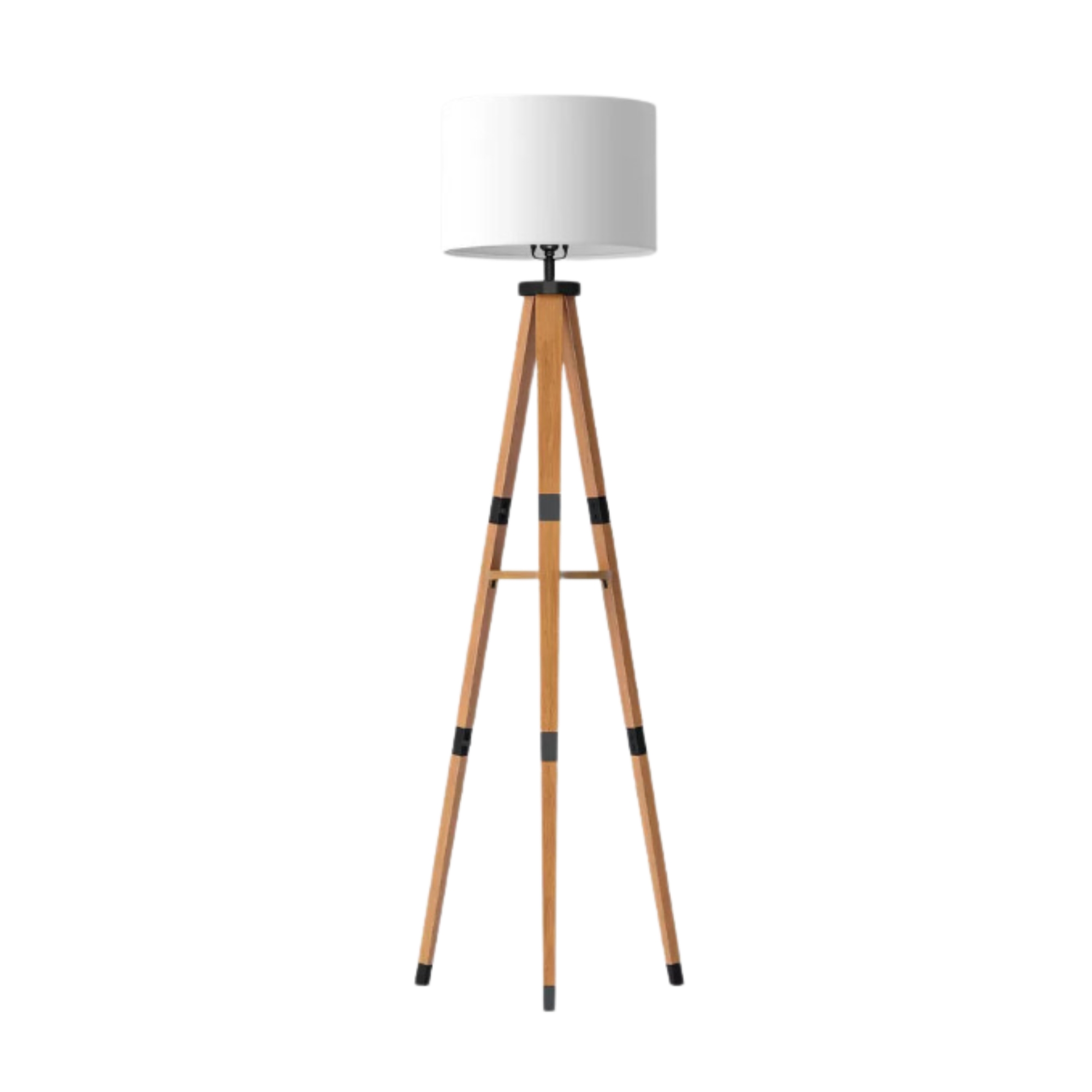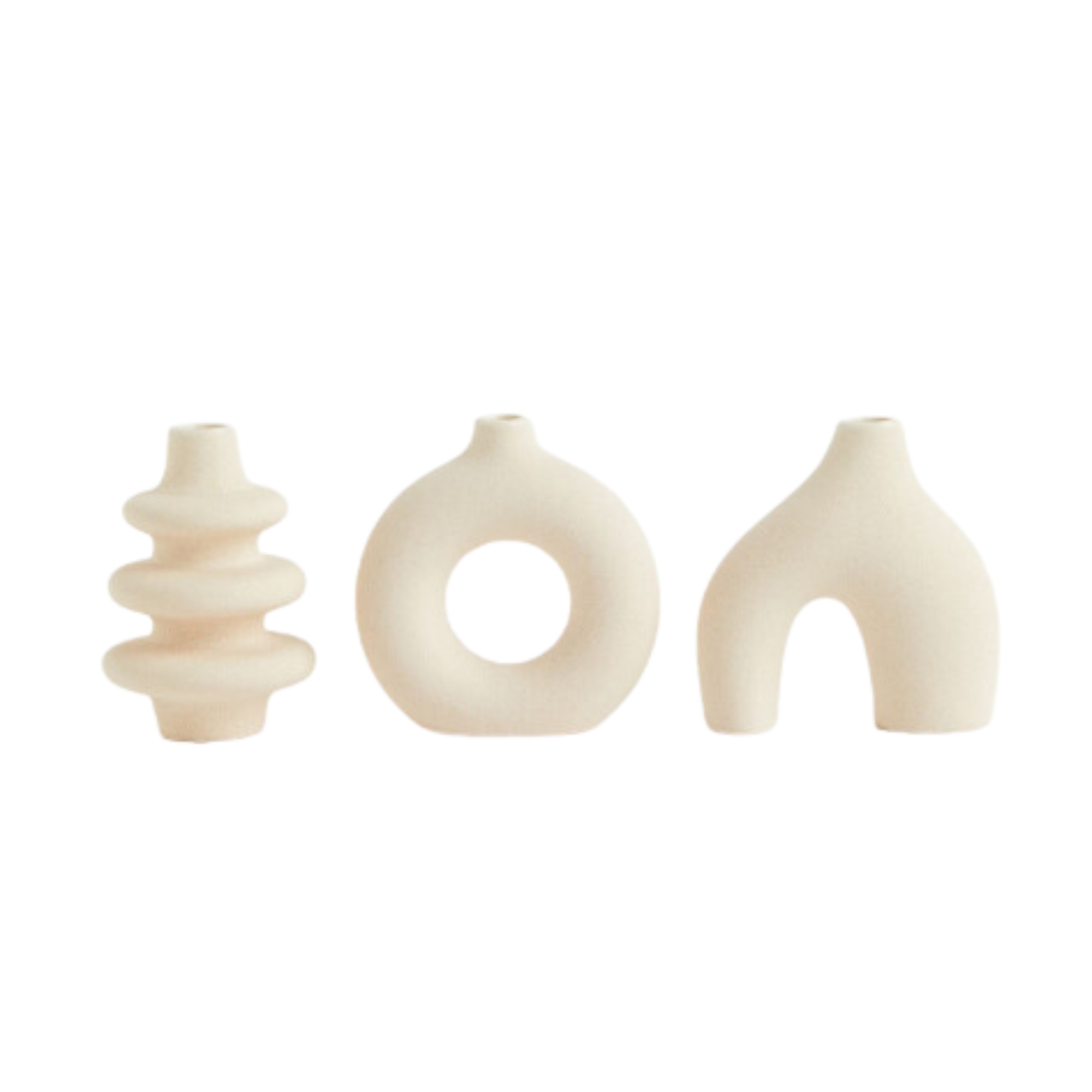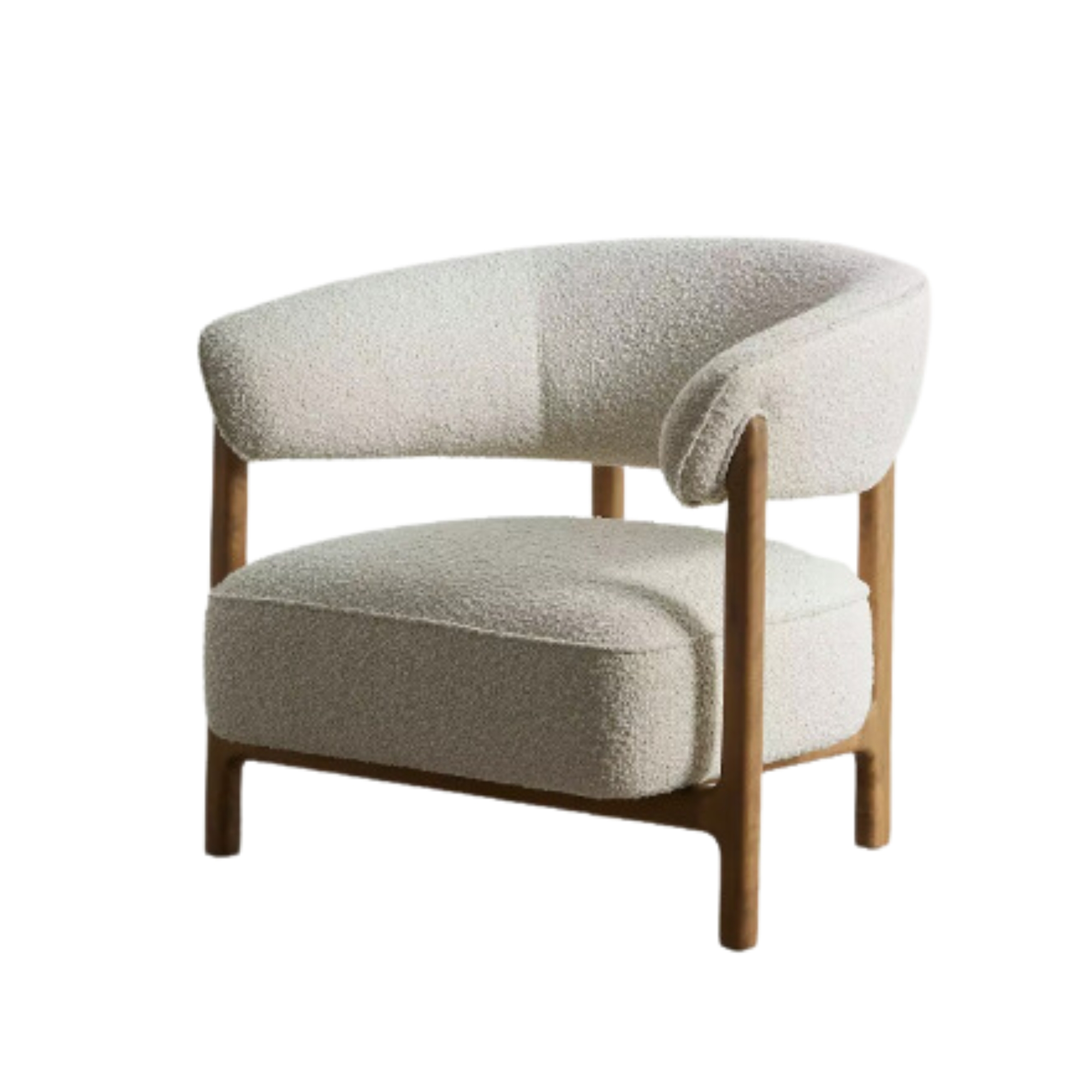What is Scandinavian design?
It's the buzzword of the design world
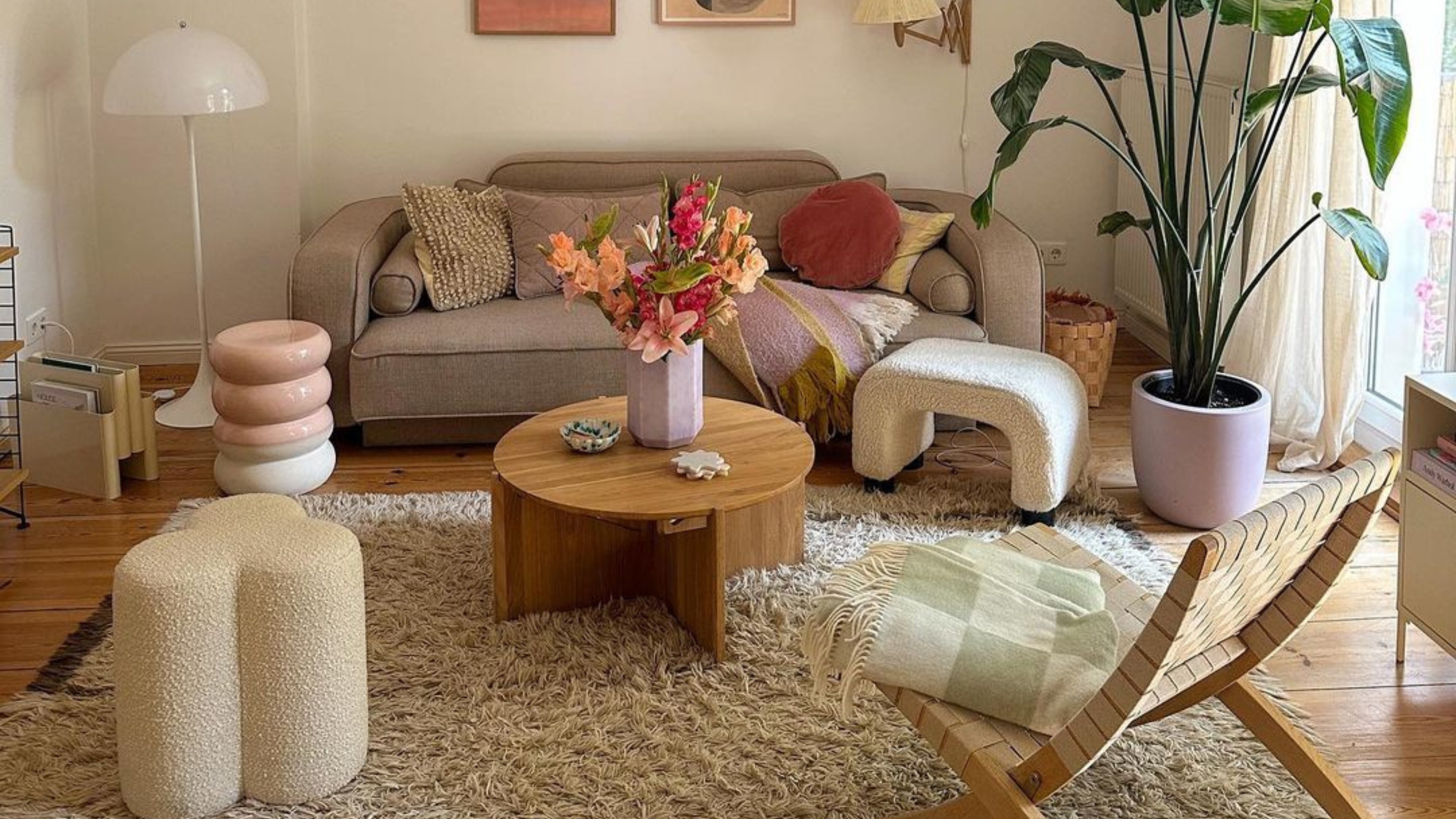
Of all the design styles and trends, there’s one that gets more airtime than any other — and that’s Scandinavian design. It’s a byword for all things chic, encompassing neutral color palettes and minimalist furniture, from industrial restaurants to concept stores with the sparsest styling. And, who could blame us for being a little obsessed?
Those Northern Europeans were basically raised with design in their blood, and damn, do they know how to make their spaces look good. From loft apartments in Copenhagen to coffee shops in Oslo, we’re talking about the sleekest, coolest aesthetics you can imagine.
But, what exactly constitutes a Scandinavian room or design style, when did it start, and how do you get the look? To get a good overall understanding of this design world staple, keep reading.
Where does Scandinavian design come from?
Look, I’m not here to throw shade at your geography skills, so whether you already know which countries make up Scandinavia or not, no judgment from me. Just to get things straight, Scandinavian design is considered to be influenced by Denmark, Sweden, Finland, Norway, and Iceland. While it may have started in these countries, this aesthetic is popular all over the world, particularly in the U.S. and UK.
What does Scandinavian style look like?
So, Scandinavian design is all about embracing simplicity, quality, and natural elements. The Scandinavians don't appreciate a style over substance approach, or too many frills or fuss. Nope, they’re all about incorporating practical, beautiful pieces that really work, as well as look nice. They favor clean lines and simplistic forms, crafted from hard-wearing, natural materials like wood, linen, or bamboo. You’ll find this attraction to natural materials replicated in the color palettes used; think lots of white, oatmeal, beiges, soft greens, blues, and grays.
What are the ideals behind Scandinavian design?
You might think that with this talk of dark colors and hard lines, the Scandi vibe could feel harsh, or cold, but actually, it’s all about embracing a sense of warmth and coziness. As you’ll find in most countries, the design relates to the culture, and with such long winters, Scandi peeps need their homes to feel like serene, calm spaces where they can spend a LOT of time. I mean, at some points in the year, these countries have almost no daylight, so creating their own little havens was and is a must. What comes with this is a feeling of calm, timeless design that they don’t get sick of, and a big focus on lighting. They love using lots of lamps to create a cozy glow, complemented by layers of cushions and throws to create a soft, snuggly environment.
What’s the history of Scandinavian design?
The aesthetic we now recognize as Scandi style really emerged in the 1950s, alongside the mid-century modern movement which is still incredibly popular today. You know, those teak side tables and low lounge chairs? These were huge and still are, but many of the design classics came from Denmark, or elsewhere in Northern Europe. Looking at mid-century design as a whole, you’ll again see these sleek lines, a focus on wood, and a no-frills approach, which was actually a response to what was happening at the time. After the war, society rejected the decorative, ornate styles of the past, seeing this as old fashioned, and instead, wanted to move forward and embrace a new future.
Get small space home decor ideas, celeb inspiration, DIY tips and more, straight to your inbox!
What’s hygge?
Ah, yes the buzzword that’s swept lifestyle platforms and the interiors world ever since it went viral back in 2012. If you’re still unsure, hygge is absolutely a Scandinavian thing, but while this particular word is Danish, the other countries have their own versions of it, too. As mentioned, with such long winters, hygge is the process of getting your home ready for cozy szn, and is all about bringing in soft textures, stocking up on new candles, and taking your lamp game to the next level.
